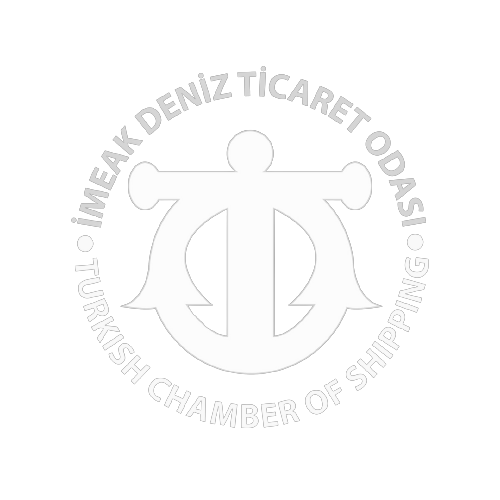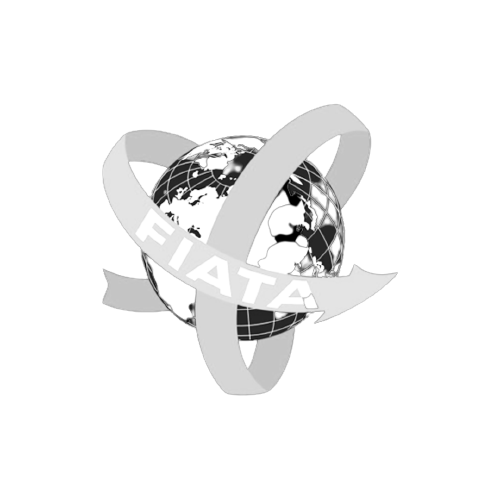DOUBLE CRISIS IN GLOBAL TRANSPORT
While Suez’s problems are geopolitical and Panama’s are climate-based, both are disrupting global trade.
Following the problems, cargo volumes in the Suez and Panama canals dropped by more than a third, while ships took longer routes, causing delays in deliveries and higher transportation costs. In the Panama Canal, the number of ships passing through the canal has been reduced due to the drought. Officials hope the drought, which began in mid-2023, will end in May.
Some companies have indefinitely suspended sailings from Suez due to Yemeni Houthi attacks on ships. The Houthis have attacked more than 50 ships since November. The increase in attacks, some resulting in fatalities, has reduced transit through the Suez Canal. Ship operators face months of uncertainty on the waterways, through which about 18 percent of global trade volume passed last year.
About 36 ships a day are normally allowed through the Panama Canal.In November, this number was reduced to 24 and in February it was planned to be reduced to 18, but some rainfall helped stabilize water levels. In January, ship transits through the Panama Canal were down 36 percent compared to the previous year.
According to United Nations data, trade volumes through Suez fell by more than 40 percent in December and January compared to the same period a year earlier. Osama Rabie, head of the Suez Canal Authority, said toll revenue paid by ships to pass through Suez almost halved to $428 million in January from $804 million in the same month last year.The drop in authorized transits through the Panama Canal did not hurt overall revenue, partly because the per-ship toll increased. The canal earned $3.3 billion from tolls in 2023, up from $3 billion the year before.
SUVEYŞ CHANNEL UNDER ATTACK
As the Houthi rebels in Yemen step up attacks on commercial vessels transiting the Red Sea, leading global shipping companies are being forced to reroute their routes. Despite the US-led naval coalition’s attacks on the Houthis, many companies are reluctant to return to the Red Sea until they are sure of their safety. This is driving up prices for cargo owners around the world.
“To return, we will have to meet a very high threshold to make sure that our crews and our ships are not at risk,” said Vincent Clerc, chief executive officer of Maersk, which usually makes 15 to 17 Suez crossings a week. But still not all ships are leaving Suez. Operators using Suez are hiring armed guards to repel attacks. Ship owners and operators say four guards per ship can cost about $40,000 per Red Sea voyage.
Source: lojiport.com
FOR THE FIRST TIME TWO CHANNELS INTERRUPTED AT THE SAME TIME
Disruptions in critical waterways have altered routes and jeopardized global trade. “This is the first time they’ve both been disrupted at the same time, so you have to plan ahead where you’re sending your ship,” said Tim Hansen, operations manager for Stamford-based Dorian LP. The Panama Canal offers the shortest route for Dorian’s vessels sailing from the Gulf of Mexico to deliver to customers in China, Japan and South Korea. The westbound journey through the canal and then across the Pacific takes about 25 days, while the eastbound route via Suez takes 40 days.Dorian sent 10 ships to Suez to avoid potential delays in cargo movement for weeks, but those voyages were halted in early December due to Houthi attacks. Ships were diverted back to the Panama Canal because of longer waits and higher prices.
WOMEN SHOULD PLAY A MORE ACTIVE ROLE IN WORK LIFE

As a woman and as someone who plays an active role in the business world, it has always been important for me to have a passion for solution-oriented thinking and to believe in the power of collective work. I have always believed in the creativity and power of many voices instead of one. I have never let the problems and obstacles in the business world get in the way of my determination and enthusiasm for work. I have tried to shape my career journey by focusing not only on career, but also on balance and equality.
I believe that planning, discipline and passion for work are important on the road to success. I see success not only as steps, but also as ranks that can be acquired as your knowledge and values rise. Maturity, humility and inner peace are values that are acquired not only as steps are taken, but also as you overcome these ranks.
I believe that various efforts should be taken to ensure that women play a more active role in business life. First of all, it is important to increase women’s access to education and career opportunities so that they can be more integrated into business life. Ensuring gender equality in education and supporting mentoring programs for women can help them realize their potential.
According to my observations as a woman who entered business life at an early age, and as research has shown, increasing the number of women in senior positions, especially at the C-Level level, increases the profitability of companies and companies stand out more in terms of social responsibility. Knowing that both our sector and many other sectors are dominated by men when it comes to certain business areas and experiencing this in business life, I have always been passionate about solution-oriented thinking and believing in the power of collective work as a woman and as someone who plays an active role in the business world. I have always believed in the creativity and power of many voices instead of one voice. I have never let the problems and obstacles in the business world get in the way of my determination and enthusiasm to work. I have tried to shape my career journey by focusing not only on career, but also on balance and equality.
I believe that planning, discipline and passion for work are important on the road to success. I see success not only as steps, but also as ranks that can be acquired as your knowledge and values rise. Maturity, humility and inner peace are values that are acquired not only as steps are taken, but also as you overcome these ranks.
I believe that various efforts should be put in place to ensure that women play a more active role in business life. First of all, it is important to increase women’s access to education and career opportunities so that they can be more integrated into business life. Ensuring gender equality in education and supporting mentoring programs for women can help them realize their potential.
According to my observations as a woman who entered business life at an early age, and as research shows, increasing the number of women in senior positions, especially at the C-Level level, increases profitability in companies and companies stand out more in terms of social responsibility. Knowing that both our sector and many other sectors are dominated by men when it comes to certain business areas and experiencing this in business life, I have been working under the roof of UTİKAD during my presidency.
I was instrumental in establishing the Women Logisticians Focus Group. In our focus group, we combine our experiences and goals with nearly a hundred women logisticians to create solutions to increase women’s representation in the industry and strengthen their careers.
Finally, it is important to have female leaders and mentors who can serve as role models to support women to succeed in business. Benefiting from the experiences of these leaders and being empowered by their inspiring stories can support young women to achieve their career goals.
MONEY TRANSFER BARRIER COULD NOT BE OVERCOME
EXPORTS TO RUSSIA DOWNHILL
In the first two months of the year, the loss of exports to Russia, which has been experiencing difficult days in trade due to problems in money transfers, reached 37 percent. Exports to the Commonwealth of Independent States also contracted by 13.6 percent in the same period. Shipowners, who invested in ships when business was brisk in Russia, are experiencing a supply shock due to the decline in export cargoes.
In Turkey-Russia trade, which peaked after the Ukraine War, exports were also lost in the second month of the year due to money transfer problems that started at the beginning of the year. According to the foreign trade data of the Ministry of Trade, exports to Russia in February fell 34 percent compared to the same month last year and amounted to 670 million dollars. Thus, while Russia was the 4th country to which Turkey exported the most in February last year, it fell to 8th place in February this year. Looking at the two-month total export realization covering January-February, exports to Russia decreased by 37 percent compared to the first two months of last year to 1 billion 298 million dollars. Exports to the country in question fell 39 percent in January and amounted to 631 million dollars. Following the 20 percent contraction in January, imports from Russia fell by a negligible 1 percent in February. Two-month imports from this country decreased by 8 percent compared to the January-February period of last year and were calculated as 8 billion 480 million dollars.
Decline in 22 out of 25 sectors
When the Turkish Exporters Assembly (TİM) data is analyzed to look at the performance of exports to Russia on a sectoral basis, only 3 out of 25 sectors saw an increase in two-month exports to Russia, and these sectors were olive and olive oil, hazelnut and its products, and aquaculture products and animal products. In the same period, the contraction in 7 sectors exceeded 50 percent. In the first two months, the sector with the highest proportional decrease was tobacco with 88.4 percent, followed by leather and leather products with 71.6 percent and cereals, pulses, oilseeds and products with 57 percent. In terms of value, the loss in the chemical sector, which exports the most to this country, reached 33 percent in two months, while the decline in fresh fruits and vegetables, the second sector with the highest exports, was 10.2 percent, and the loss in machinery and parts, the third sector, reached 23 percent. While the decline in the automotive sector, which is the 4th sector with the highest exports to Russia, was 13 percent in two months, the decline in ready-to-wear clothing, which is exempted in money transfers, was limited to 5.6 percent. The total contraction in electrical and electronics, which has a significant share in exports to this country, exceeded 51 percent in two months.
In the aftermath of the war in Ukraine, Turkey’s exports increased not only to Russia but also to the Commonwealth of Independent States (CIS). As it will be remembered, Turkey’s exports to almost all country groups fell last year, while Turkey’s exports to the CIS country group increased by 16.6 percent to 24.5 billion dollars. According to TIM data, in the first two months of this year, Turkey’s exports to the CIS decreased by 13.6 percent to 3 billion 288 million dollars.
Ship capacity oversupply
The problem in money transfers, which sparked the decline in exports, negatively affected not only exporters but also the logistics sector. Parallel to the embargoes imposed by the West, global shipowners had stopped their shipments to Russia, and local shipowners had expanded the fleet with new ships to fill the gap. However, the problem in money transfers left the shipowners in a difficult situation. Speaking to ECONOMY, local shipping companies point out that there has been a significant decrease in the volume of shipments to Russia, and that the decline has accelerated in parallel with the weak freight rates. The CEO of a local shipping company, stating that there is an oversupply in the ship capacity working on this line due to the decline in cargo connections, said, “On the one hand, we are having problems in money transfers, and on the other hand, some ships are idle due to the supply-demand imbalance, which has made things very unpleasant. On the other hand, due to the increasing costs, we have become increasingly difficult to compete with companies that do not pay attention to the embargo, do not pay insurance and do not calculate.”
No progress on the exemption request yet
The payment problems with Russia coincided with US Secretary of State Antony Blinken’s visit to Turkey on January 5. During Blinken’s visit, it was learned that a number of issues were on the agenda and one of the topics was the Russia-Ukraine War. While the problem in money transfers was first brought to the agenda by the newspaper EKONOMİ, many sector representatives from automotive to textiles stated that they were experiencing difficulties due to their inability to receive payments, and even some export orders started to run away due to the uncertainty in the solution of the problem. In response to the increasing number of complaints, the Ministry of Trade took action and compiled a list of companies that were unable to receive payments. Then, through a public participation bank oriented towards the private sector, exports to the ready-to-wear, textile, footwear and food sectors were started to be received. However, the inability of exporters to close their export accounts continues to be a problem for exporters who cannot receive the export price because bank transfers are returned. For this reason, companies want Russia to be included in the exception list of 33 countries, including Iran. The economic bureaucracy is working on the issue, but the West’s blockade on the banking system is very strict.
Europe’s exports to Kazakhstan attract attention
The increasing exports of European countries to the region attract attention. Especially Kazakhstan is one of the prominent countries here… The UK’s exports to Kazakhstan amounted to 1.8 billion pounds sterling in the period between October 1, 2022 and September 30, 2023, an increase of 89.2 percent compared to the previous 12-month period. Looking at the course of Germany’s exports to Kazakhstan over the years, it is seen that exports, which hovered in the range of 1.4-1.7 billion dollars between 2014-2017, jumped to 3.05 billion dollars in 2022 and 3.57 billion dollars in 2023, when sanctions against Russia were imposed. Italy is also one of the countries that increased its exports to Kazakhstan after the war… Italy’s exports to this country increased by 48 percent from 588 million dollars in 2021 to 871 million dollars in 2022. France’s exports, which were 549 million dollars in 2021, increased by 64 percent in 2022 and reached 1 billion dollars.
Source: ekonomim.com

 Türkçe
Türkçe






